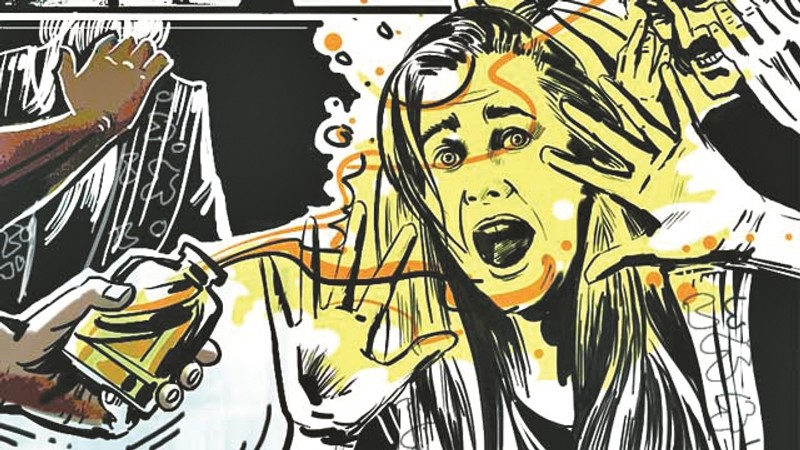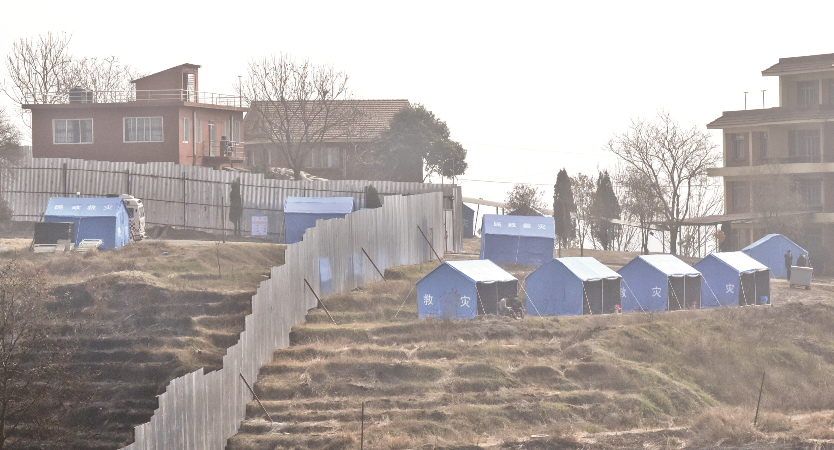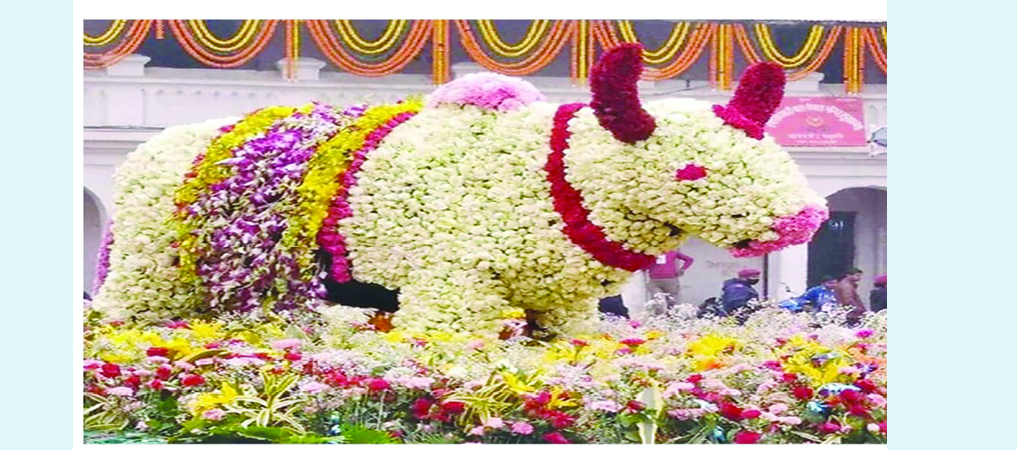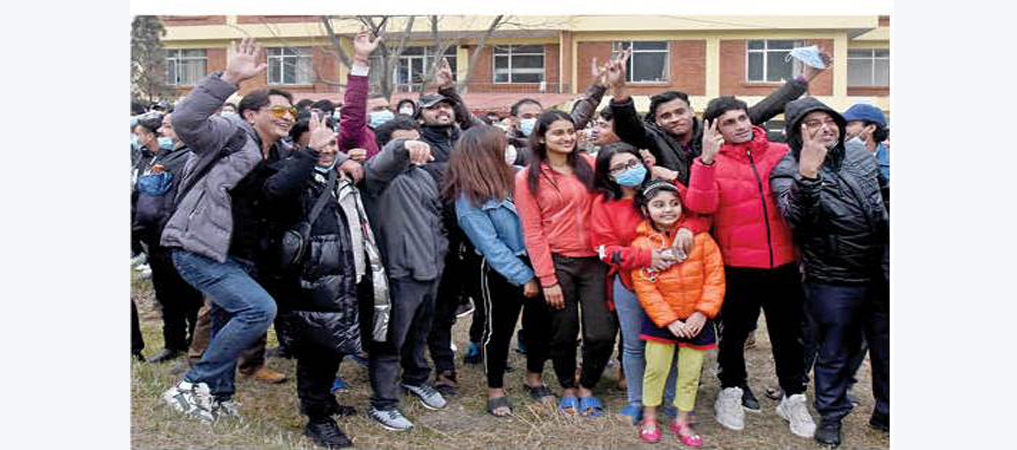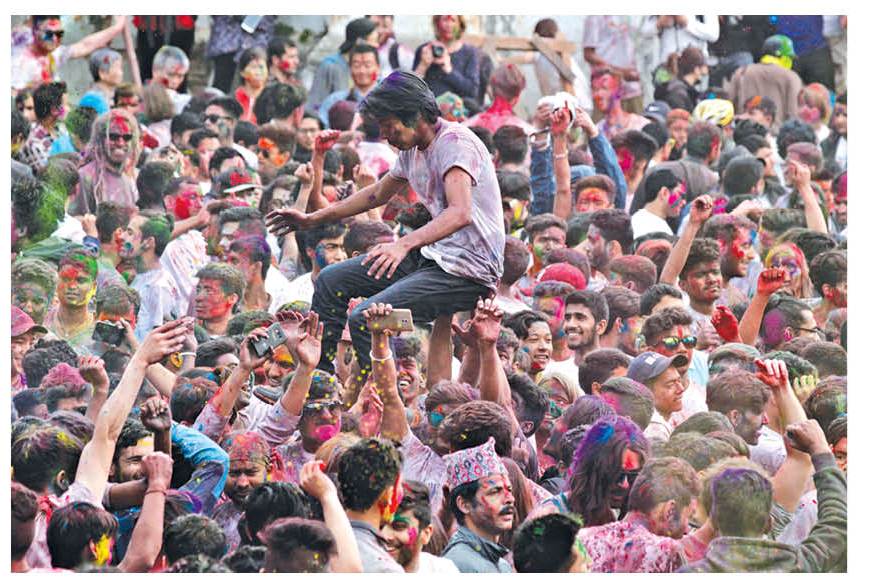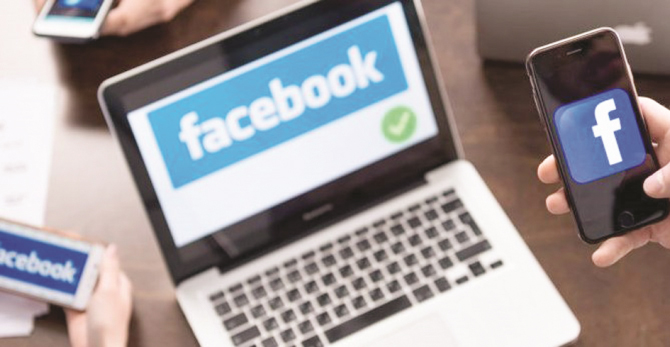Is public health emergency need of the hour?
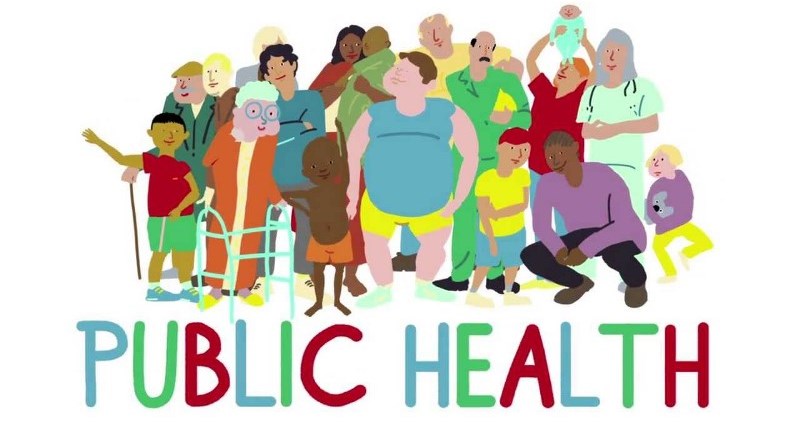
By Sampada A. Khatiwada
Kathmandu, Oct. 18: Along with massive surge in cases of COVID-19 in recent times, the fatalities and number of patients with serious health conditions requiring intensive care are also increasing.
Currently, there are over 38,000 active cases, and new infections are growing incessantly with the festive season approaching.
Although the Ministry of Health and Population (MoHP) had said that the nation would require prohibitory order or lockdown if the active cases crossed 25,000 mark, no such measures have been taken as of now.
As the nation has already started facing a scarcity of hospital beds for ICU patients, the public health experts are urging the government to declare a health emergency and utilise all the resources available as a response to COVID-19. They have warned that Nepal might face the worst situation -- in terms of an uncontrollable increase in infections and fatalities -- if restrictive measures aren’t taken right away.
Time has come for Nepal to declare a health emergency, said Dr. Rabindra Pandey, a public health specialist.
"Due to the exponential increase in COVID-19 cases, Nepal, especially the Kathmandu Valley, is already facing shortage of beds, ICUs and ventilators. Many preventable deaths couldn’t be prevented due to this problem," he added.
"As the COVID-19 dedicated hospitals are operating in full capacity, we are in a dire need of additional ICUs, ventilators and COVID-19 wards. If a health emergency is declared, the government can use all the healthcare institutions -- both public and private -- for COVID-19 response. This way, the number of available ICU beds and ventilators will also increase," said Dr. Pandey
Dr. Pandey also said that if bold and effective steps were not taken on time, Nepal could face a prolonged scarcity of healthcare services.
Likewise, the World Health Organisation (WHO) says that if more than 12 per cent of the total Polymerase Chain Reaction (PCR) tests in a day report positive, such a country needs to expand the PCR tests. Of the total PCR tests conducted in Nepal in a day, an average of 20 per cent of people is found to be infected with the virus. The Kathmandu Valley alone reports an average of 25 to 35 per cent infection rate daily.
"If an emergency is declared, the government can mobilise funds meant for COVID-19 response, which would aid in expanding PCR tests and strengthening the capacity of healthcare institutions," said
Dr. Pandey.
However, the government must ensure that no abuse of authority and economic irregularities takes place after the health emergency is implemented, he added.
Section 48 (4) of the Public Health Services Act, 2018, has provisioned that the Government of Nepal may declare a state of public health emergency if public health disaster occurs in more than one State. The Act also states that period and zone of public health emergency may be added, reduced or removed on the basis of available data and information. Director of the Epidemiology and Disease Control Division (EDCD), Dr. Basu Dev Pandey, said that declaration of health emergency could be recommended to the government depending upon the situation of infection rate and active cases.
"If the situation worsens in the upcoming days, then we will be left with no option at hand. As declaring health emergency would hamper each and every sector, a series of talks must be held with all the sectors before proposing the declaration," added the director. "As of now, we had recommended the government to impose prohibitory order or seal the hotspots after the active cases crossed 25,000 mark."
Currently, there are over 38,000 active cases of COVID-19 and hundreds of patients are admitted to the ICUs. However, no restrictive measures have been taken yet because of the impact it could have on economic and other sectors, said the EDCD director.
"It is not in our hands to declare health emergency. We forward our proposal to the COVID-19 Crisis Management Center (CCMC), which, after evaluating it, makes recommendation to the government," he added.
Meanwhile, Mahendra Guragain, coordinator at CCMC, told The Rising Nepal that the government would declare public health emergency only if the MoHP proposed it. "No proposal as to declaring a health emergency has been made yet," Guragain added.
Moreover, the MoHP said that it had no plans for now to recommend the government to declare a health emergency. As the COVID-19 dedicated hospitals are overwhelmed with infected patients, the Health Ministry had directed all private healthcare institutions to allocate 20 per cent beds for the COVID-19 patients. "We have not thought of implementing public health emergency as yet," said Dr. Jageshwor Gautam, spokesperson of the ministry.
On June 4, the MoHP had recommended the Cabinet to declare a nationwide public health emergency but so far the government has not done so.
Recent News

Do not make expressions casting dout on election: EC
14 Apr, 2022
CM Bhatta says may New Year 2079 BS inspire positive thinking
14 Apr, 2022
Three new cases, 44 recoveries in 24 hours
14 Apr, 2022
689 climbers of 84 teams so far acquire permits for climbing various peaks this spring season
14 Apr, 2022
How the rising cost of living crisis is impacting Nepal
14 Apr, 2022
US military confirms an interstellar meteor collided with Earth
14 Apr, 2022
Valneva Covid vaccine approved for use in UK
14 Apr, 2022
Chair Prachanda highlights need of unity among Maoist, Communist forces
14 Apr, 2022
Ranbir Kapoor and Alia Bhatt: Bollywood toasts star couple on wedding
14 Apr, 2022
President Bhandari confers decorations (Photo Feature)
14 Apr, 2022





